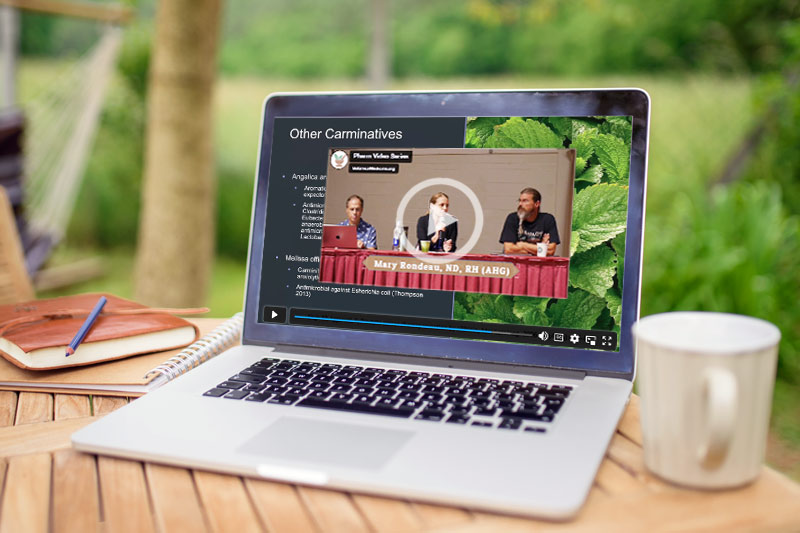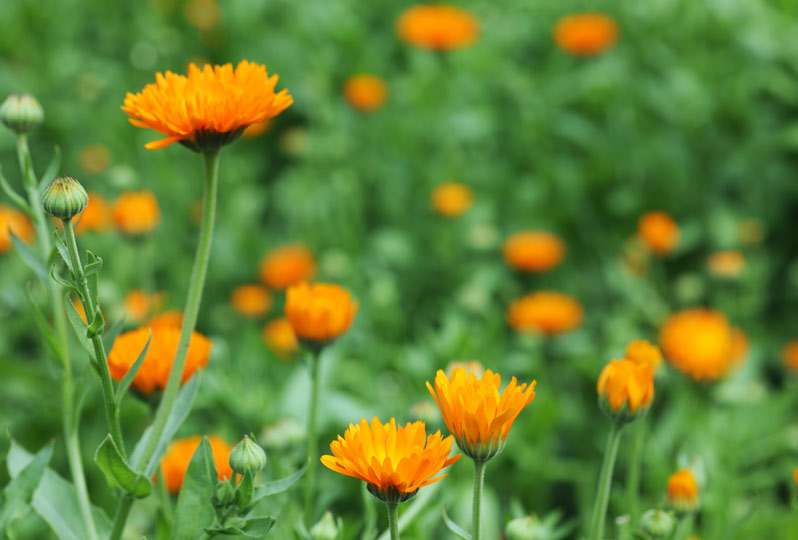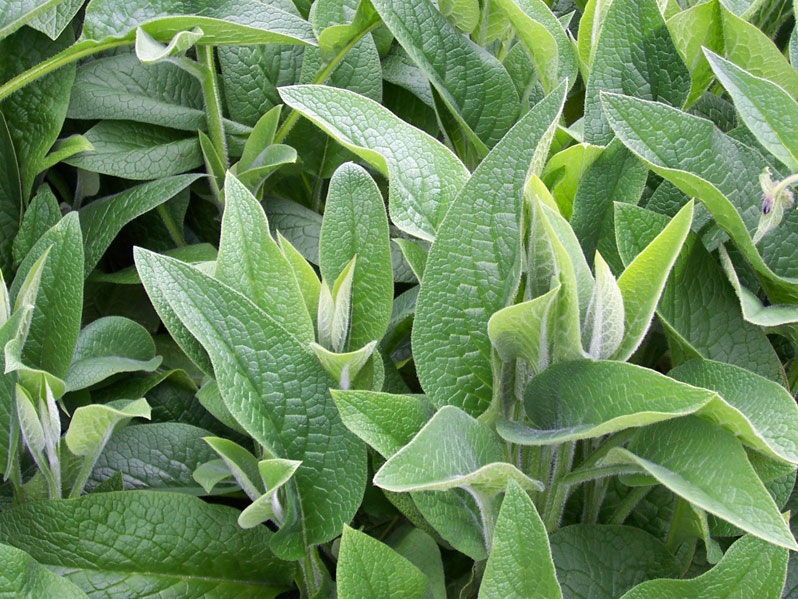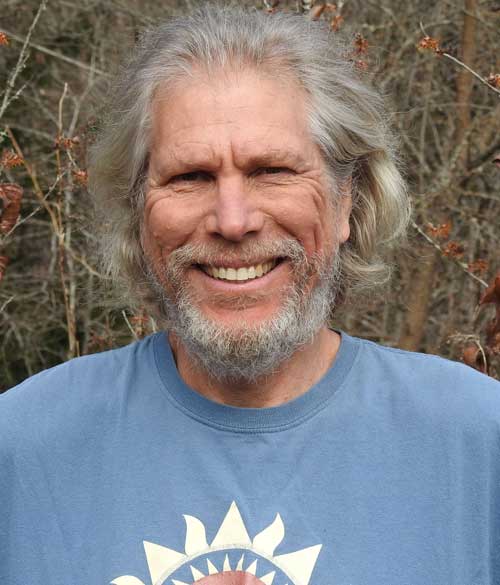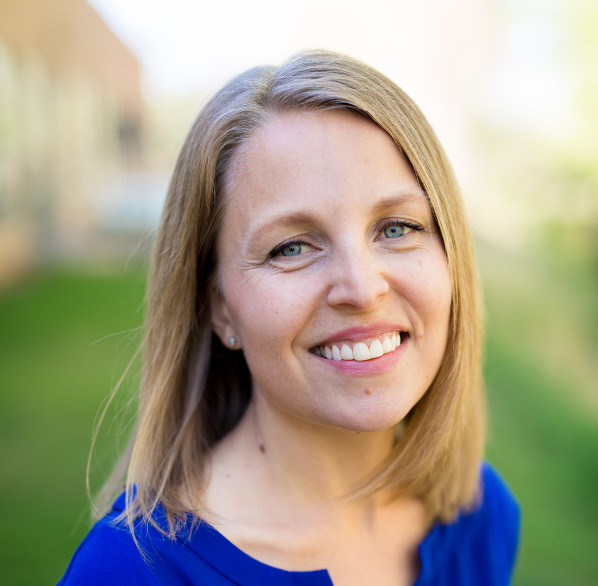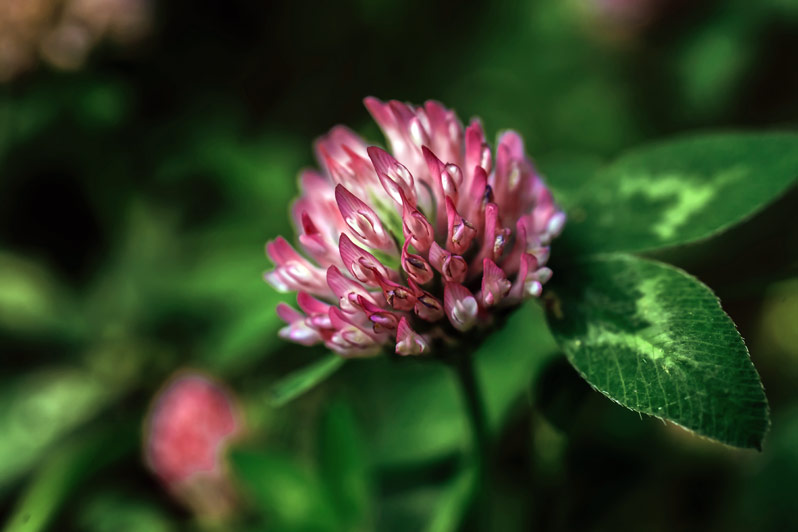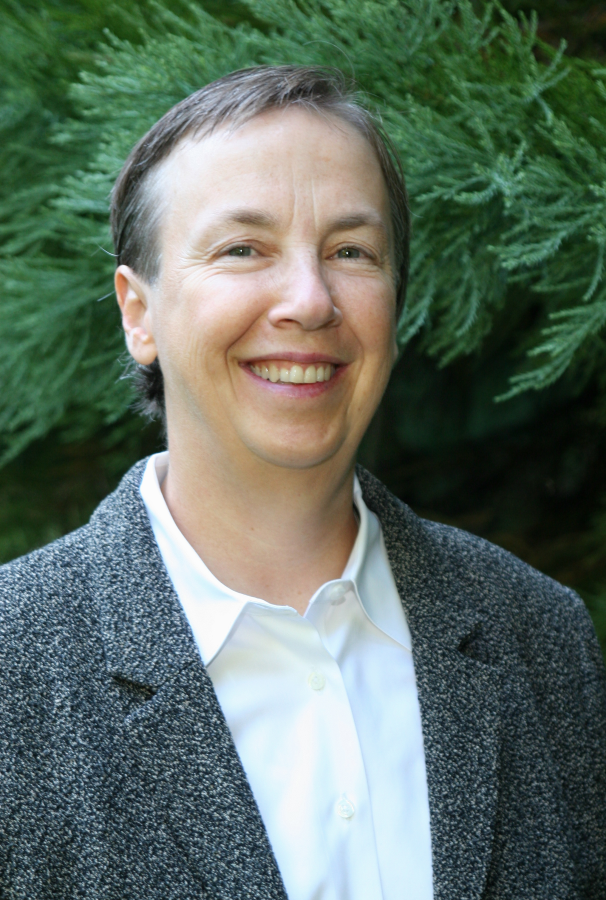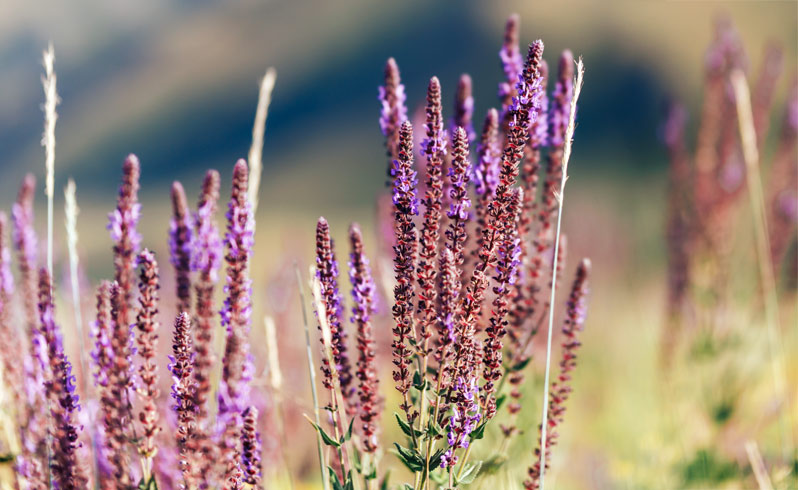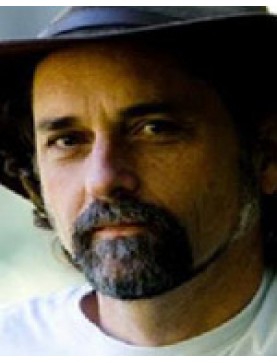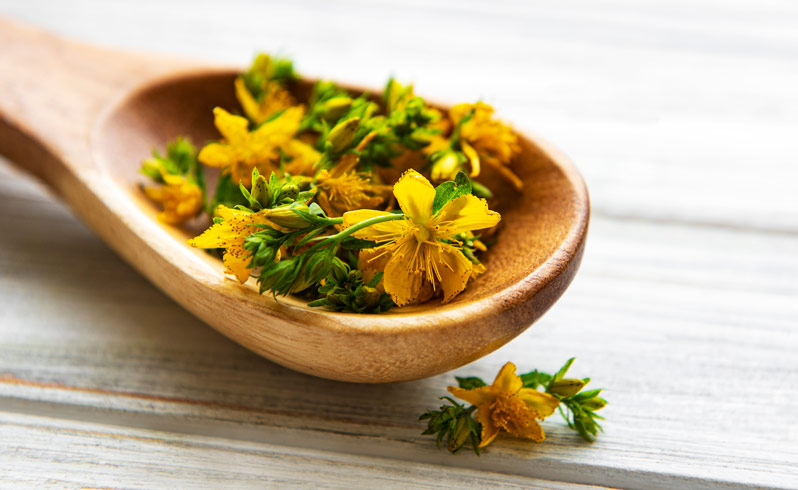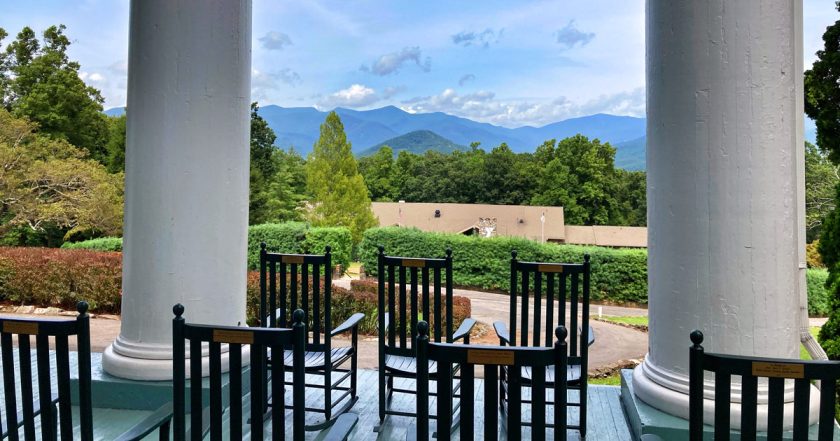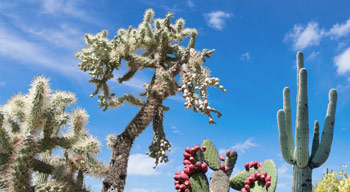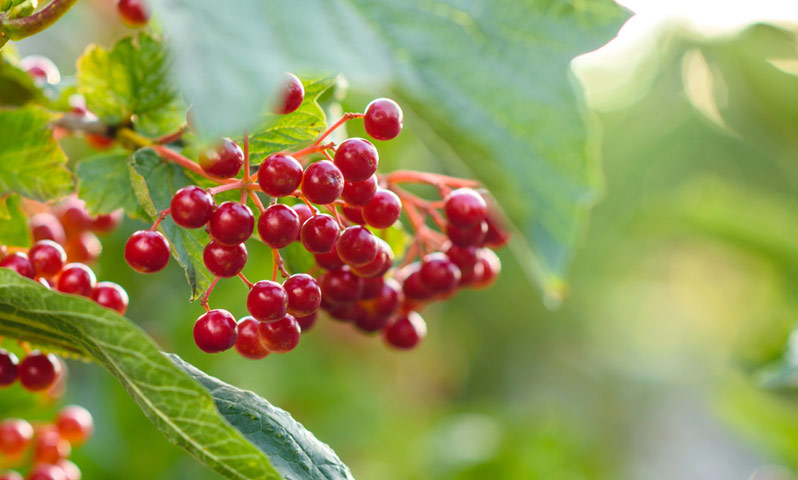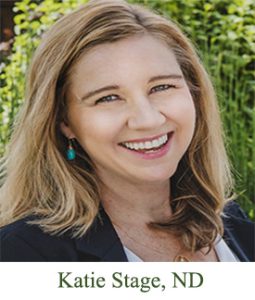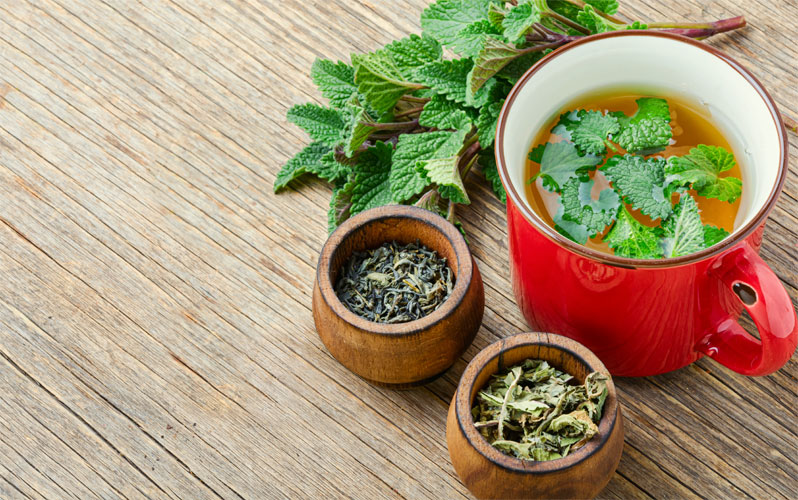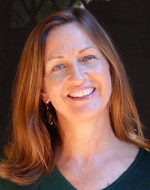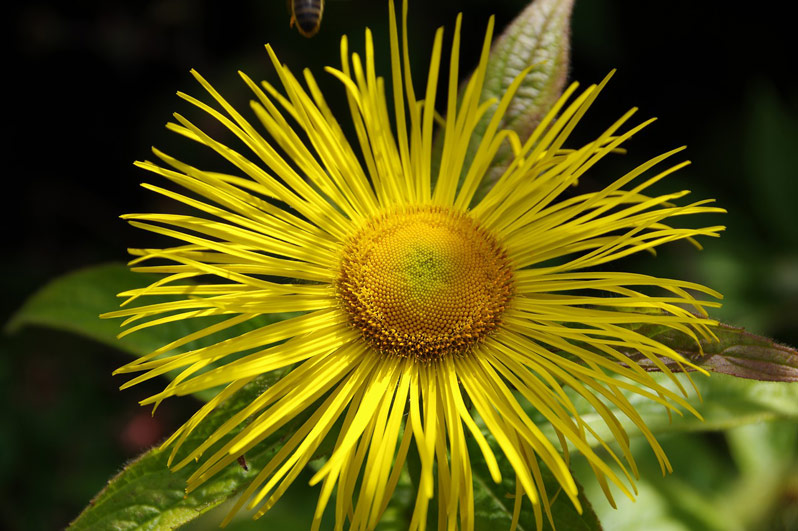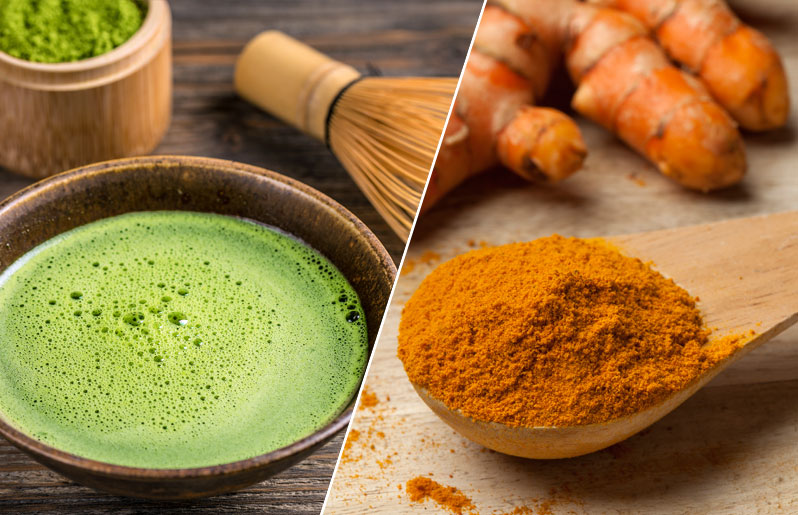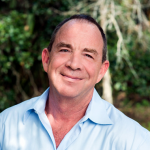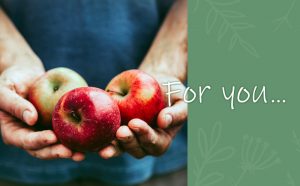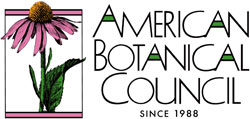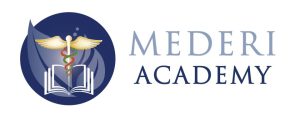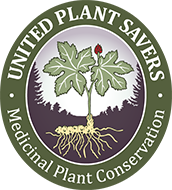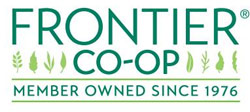Medicines from the Earth Herb Symposium
Past conference — Videos and audio from this conference are now available! For CE information, please visit the 2023 Medicines from the Earth Recordings CE page.
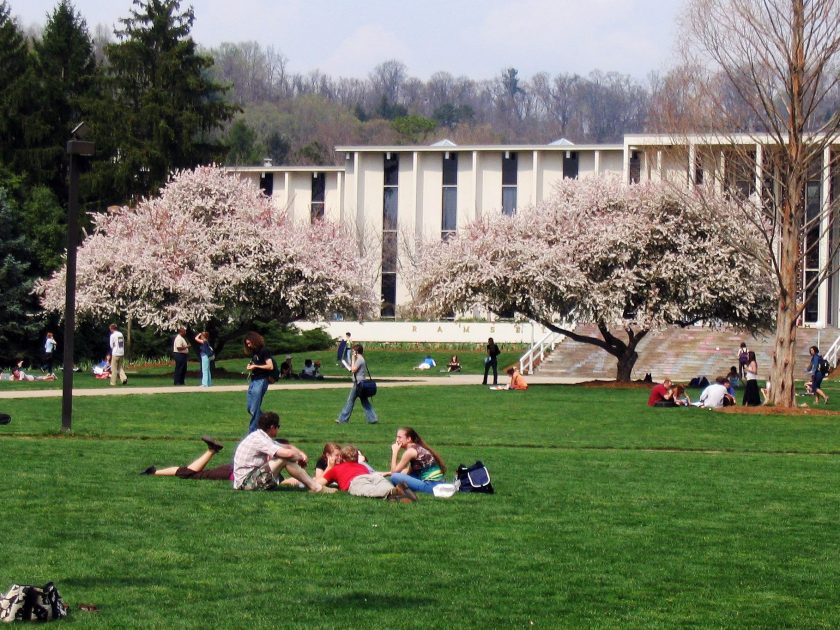
Dates: June 2 – 4, 2023
Location: University of North Carolina, Asheville
We’re excited to share the beautiful UNC Asheville area with you. Tucked away in a beautiful location with on-site lodging next to the local botanical garden, attendees have the option of spending quiet time in nature or exploring downtown Asheville just minutes away while attending the 2023 symposium.
Speakers: Lise Alschuler, Rebecca Beyer, Teresa Boardwine, Mary Bove, Doug and Todd Elliott, Joe Hollis, Chris Kilham, Kat Maier, Jason Miller, Kenneth Proefrock, Katie Stage, Jillian Stansbury, Marc Williams, David Winston and Donald Yance
Continuing education for health professionals.
Southwest Conference on Botanical Medicine
Past conference — Videos and audio from this conference are now available! For CE information, please visit the 2023 SW Recordings CE page.
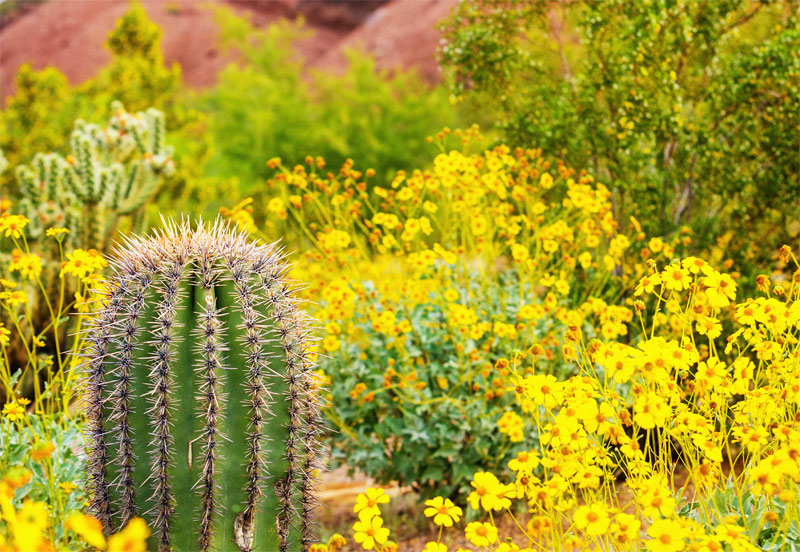
Dates: March 24 – 26, 2023
Location: Streaming online, with extended video access
Pre-Conference Intensive: Reclaiming Self: Herbs to Correct Autoimmunity with Eric Yarnell, ND
Speakers: Dee Atkinson, Paul Bergner, Chanchal Cabrera, Deborah Frances, Lillea Hartwell, Jack Lambert, Brianna Piche, Kenneth Proefrock, Katie Stage, Jillian Stansbury, Jen Stovall, David Winston, and Eric Yarnell
Continuing Education for health professionals.
At Herbal Educational Services, we cultivate Diversity, Equity, and Inclusion
We recognize the need for increased diversity in the fields of clinical herbalism and natural medicine and are committed to creating a welcoming environment at our events that affords dignity to all.
To stay up to date on the conferences, join our email list and check back here for updates.



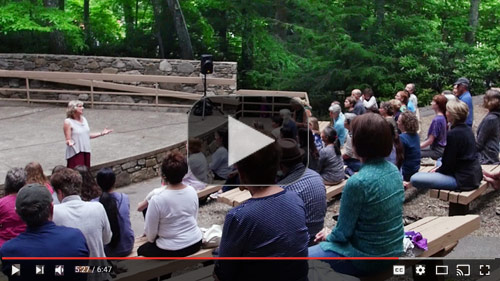
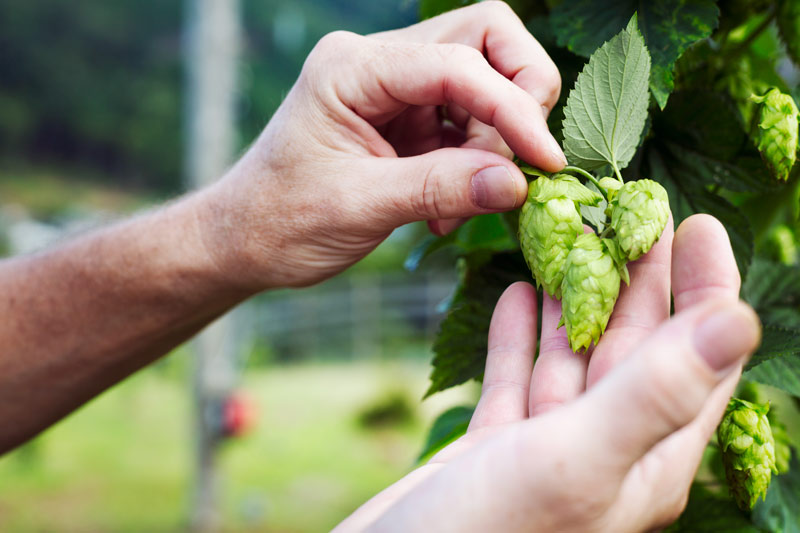
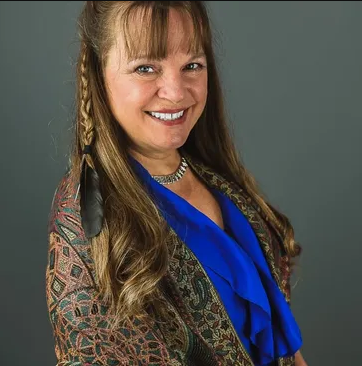 With the opiate epidemic being a glaring example of how NOT to manage chronic and acute pain, this session explores what tools herbalists possess to help comfort and soothe acutely painful conditions. Drawing from both folklore and modern research, Jillian Stansbury, ND offers a variety of liniments, soaks, poultices and pastes for a wide range of conditions.
With the opiate epidemic being a glaring example of how NOT to manage chronic and acute pain, this session explores what tools herbalists possess to help comfort and soothe acutely painful conditions. Drawing from both folklore and modern research, Jillian Stansbury, ND offers a variety of liniments, soaks, poultices and pastes for a wide range of conditions.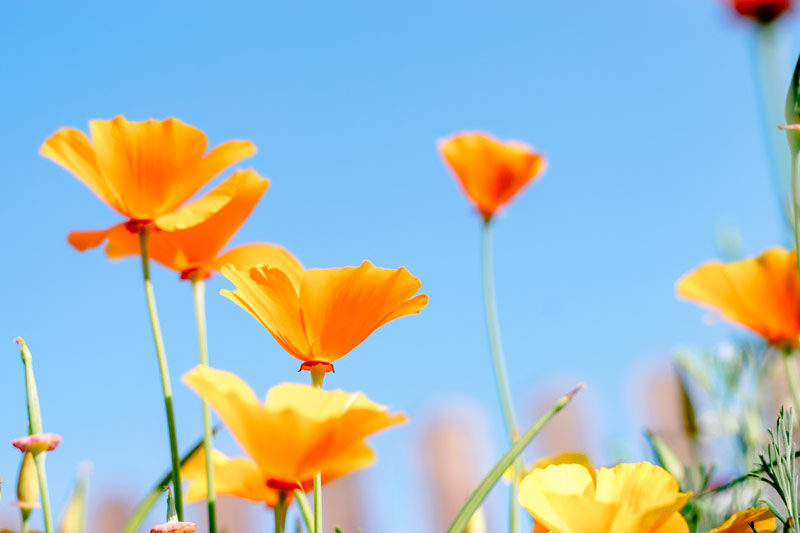
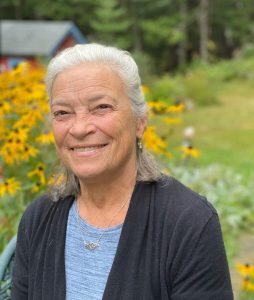 Disruption of healthy sleep patterns can occur for many reasons, including current stressful situations, female hormonal imbalance, adrenal dysfunction, nutritional deficiency, depression, anxiety, glucose deregulation, hepatic detox issues, thyroid malfunction, chronic inflammation and pain. Botanical medicines offer safe and effective non-habit-forming sleep aids to address the specific needs of the individual.
Disruption of healthy sleep patterns can occur for many reasons, including current stressful situations, female hormonal imbalance, adrenal dysfunction, nutritional deficiency, depression, anxiety, glucose deregulation, hepatic detox issues, thyroid malfunction, chronic inflammation and pain. Botanical medicines offer safe and effective non-habit-forming sleep aids to address the specific needs of the individual.
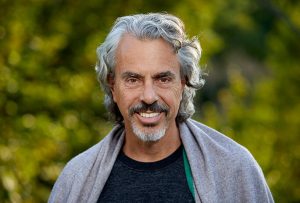 Chris Kilham draws from his years in the Peruvian Amazon studying with curanderos (herbal healers) and shamans (healers who also work to heal the psyche and spirit). After describing the continuing devastation he has observed, he gives hope for saving portions of the rainforest by the cultivation of native foods and medicinals. He describes three of these plants in this presentation.
Chris Kilham draws from his years in the Peruvian Amazon studying with curanderos (herbal healers) and shamans (healers who also work to heal the psyche and spirit). After describing the continuing devastation he has observed, he gives hope for saving portions of the rainforest by the cultivation of native foods and medicinals. He describes three of these plants in this presentation.